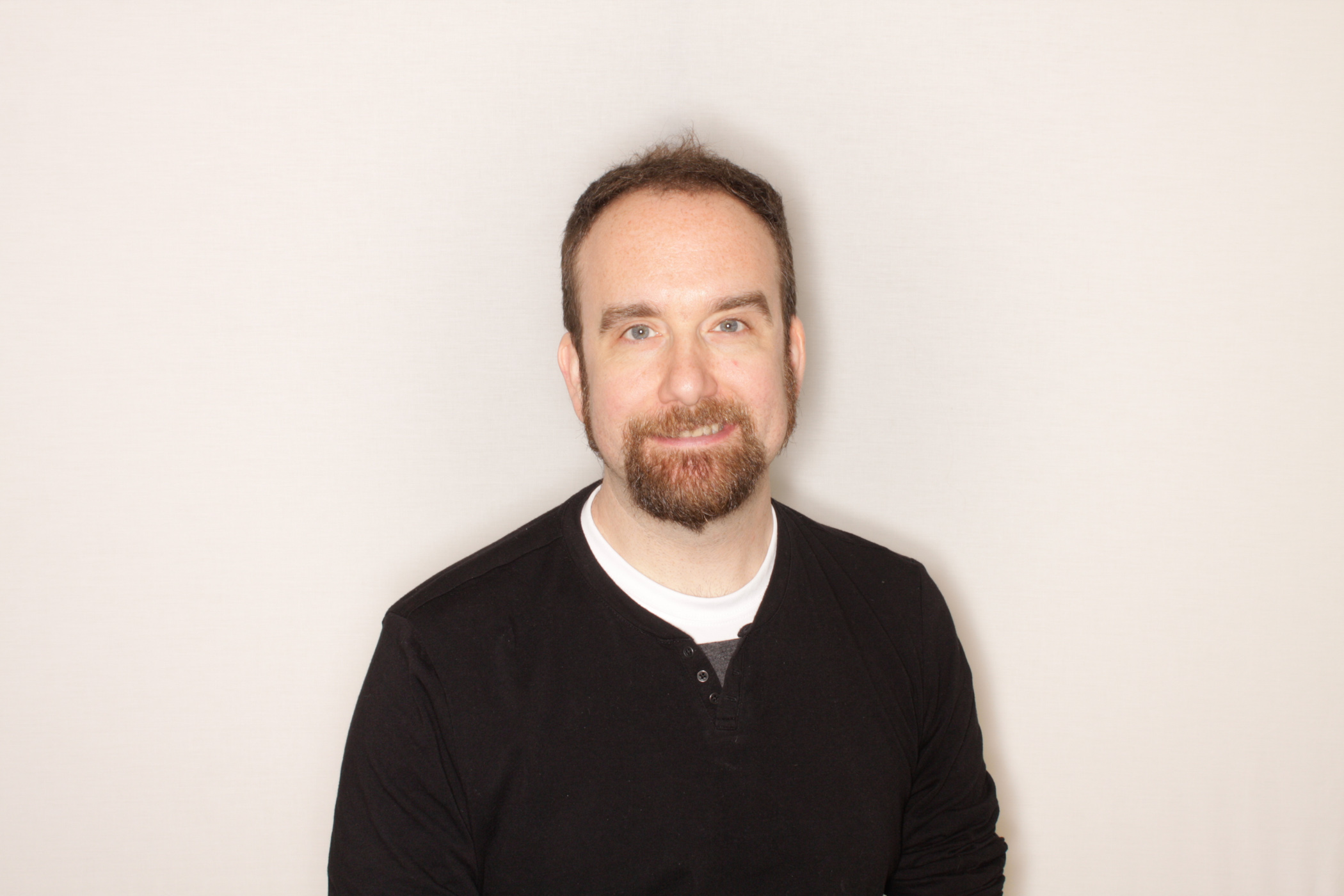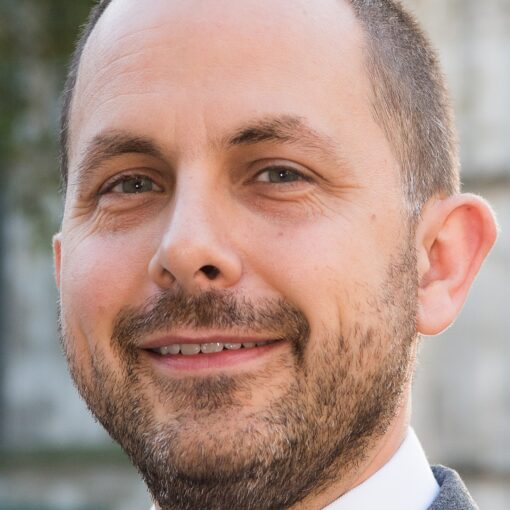Ph.D. Neuroscience, University of Wisconsin – Madison, 2003
| Research Scientist II | |
|---|---|
| Vertex Pharmaceuticals | |
Year entered into a non-academic position: 2016
Job highlight:: I have genetically engineered genetic tool cell lines used in custom assays to screen and validate drugs for novel disease.
My research training set me up to… be a hard and independent worker, who had a broad and varied skill set.
Left academia after: [12+] years of postdoctoral work
What’s your background?
I conducted my PhD in the genetics of neuroscience at UW Madison. This PhD focused on schizophrenia and its treatment. I spent my next two post-docs working on developing in vivo and in vitro models of endophenotypes for mental disorders, specifically focused on sleep and circadian rhythms.
Why did you move away from academia?
I wanted to work in a field where my work had more immediate translation into the medical field. I was also frustrated by the opportunities in the academic job market and the increasingly sparse funding available to new researchers.
Is there anything you miss about academia?
I miss the teaching. I still am able to do high quality research and work with outstanding colleagues, but I currently have less opportunities to teach.
How did you get this job? Did you face any challenges when considering a move away from academia or applying for the role?
It was difficult to get my foot in the door, but I worked on my network of connections and was eventually able to use that to get a few job interviews.
What motivated you to/why did you choose the sector you transitioned into?
I wanted to do work that was immediately translatable to medicine, which I didn’t feel was always the case in academia. Don’t get me wrong, I highly value basic research, but my personal passion lay more in research with more immediate translation.
Did you think you had the skills required for your current position before you started? Were you right?
I was worried as to whether I did or not, but found that I definitely did. For me it was more difficult to get used to the faster pace of the research and being sure to communicate my findings with those above me in a concise and accurate way.
How did your PhD prepare you for your current job? For example, what were the transferable skills that you developed during your PhD that are most relevant to your current job?
A lot of the skills I use in my current role, I learned throughout my PhD and post-doc. The most useful have been my ability to independently design and execute experiments and the specific techniques that I learned (qPCR, Westerns, ICC, cell culture, genetic manipulation/expression).
Did you have any preconceptions about your sector that proved to be wrong?
I didn’t understand the fast-paced nature of industry, nor did I appreciate how much projects are very large team efforts from research all the way to commercial.
Can you describe a typical week in your job?
Designing and conducting assays using human derived cell models.
What is the workplace culture like? Please include comments on work-life balance, flexibility, remote working?
I work hard with aggressive deadlines. As I am lab based, there are limits to flexible working, but after COVID this has been changing. The people here at Vertex are great colleagues and generally amazing people. I have chosen a balance more toward a work-life balance, with an understanding that I will never be a CEO/CSO, but will still be an active and essential member of the team.
What are your favourite parts of your job?
When a drug candidate that we have been working on gets approved and can be used to treat patients.
What are your reflections on your career path?
I wish someone had sat me down earlier and explained the academic job market earlier. I am 100% happy where I ended up, but if I’d had these discussions earlier I likely would have made this move sooner.
Do you have any advice for current graduate students and postdocs considering a career outside of academia?
Talk to people in the field, build your network now. If you want to make the transition, do a lot of soul searching to figure out which skills you have that are marketable and if they are sufficient to reach your goal. If not, figure out what you need to do to make that next step.
What do you know now that you wish you’d known when exploring a transition?
The importance of social networks and connections in getting interviews and your foot in the door.





